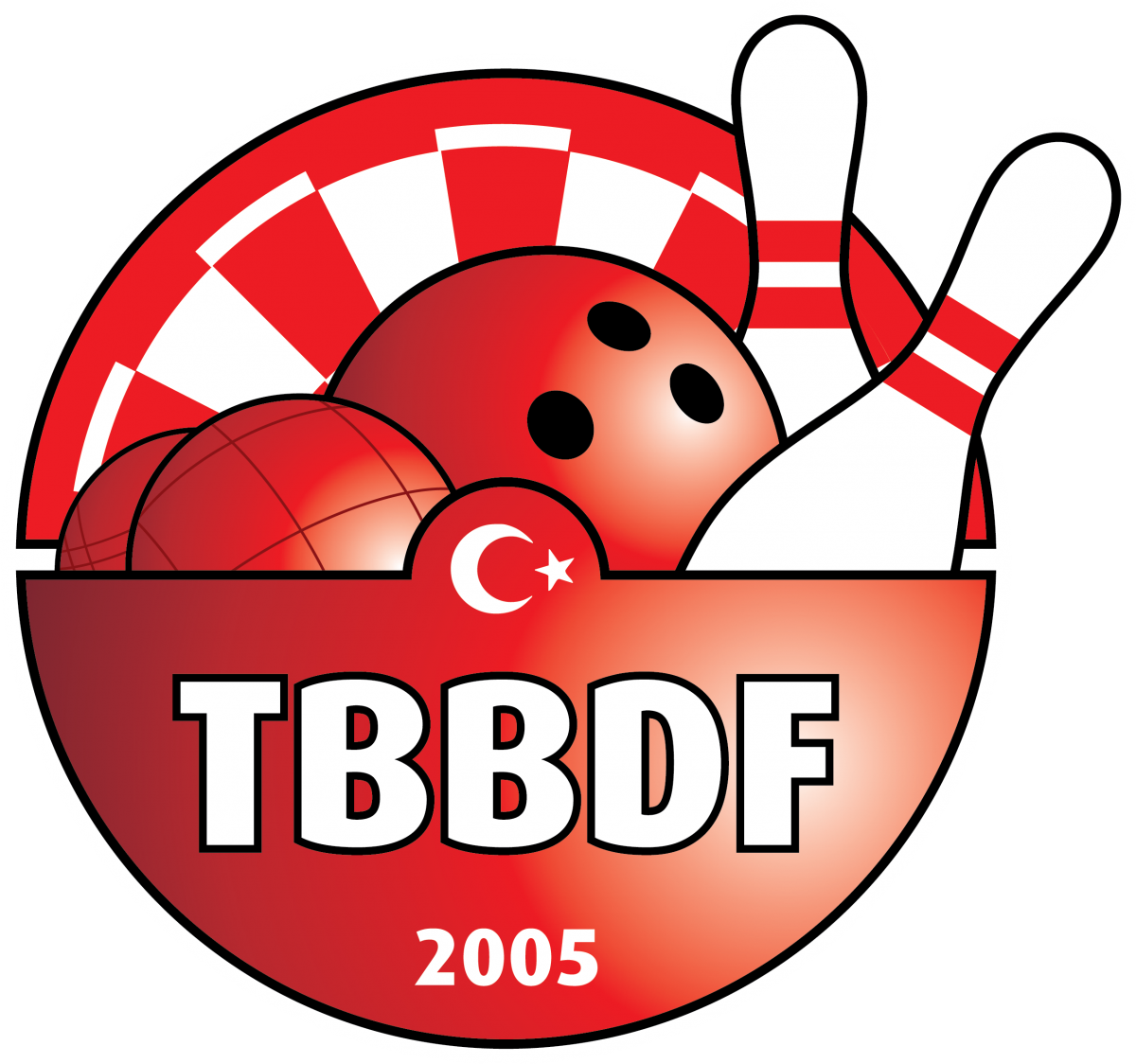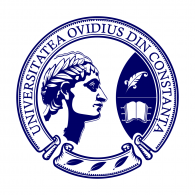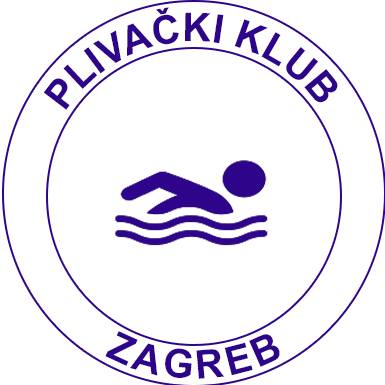ABOUT PCSOS
Protecting Children in Sport: Developing Safe and Inclusive Sport Organizations (PCSOS)

WHY CHILD SAFEGUARDING IN SPORT
The importance of child protection programs in sports organizations transcends mere legal obligation; they serve as shields safeguarding the safety, health, and well-being of young athletes. By providing a secure sports environment, these programs foster the physical and mental development of children, offering them a space to learn the values, discipline, and teamwork of sports while maximizing their potential. Child protection programs enable sports organizations to fulfill their social responsibilities towards the community, building trust and prestige among parents and society at large. These programs play a crucial role in preventing child abuse and neglect, ensuring that sports have a positive and transformative impact on the life of every child. Therefore, child protection programs in sports are essential not only for managing risks and meeting legal requirements but also for harnessing the integrative and educational power of sports to the fullest
WHO WE ARE
A consortium of complementary partners
The PCSOS project brings together the 6 project partners. They represent various and complementary organizations from the target group of the project (National Federations and Sports Clubs), as described in Section 1.1. In addition, Bayburt University, an academic partner such as the coordinating organization, will address aspects of the project related to research. This complementarity will ensure that all the interests, needs and expectations of the project target groups are represented and will ensure that all the objectives and tasks of the project are well accomplished with the required expertise.
PCSOS project partners have come together for a common purpose in line with their mission and vision. They have been chosen because of the capacity of the organizations and the expertise, knowledge, skills and experience of the individuals. All project partners have extensive experience in participating in common projects at national and European level. In addition,it is seen that each partner has a different talent from the others. The partners will lead or support the leading partner in different tasks according to their capacity and abilities. The diversity of experience, experience and talent at different levels will positively affect the quality of the project







